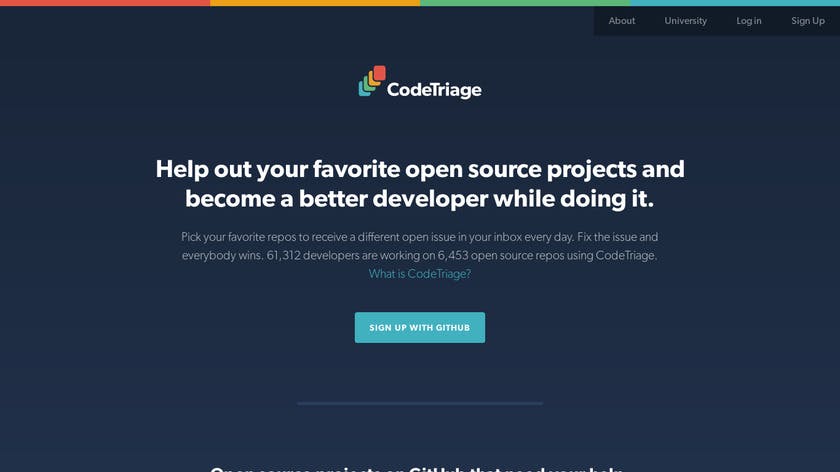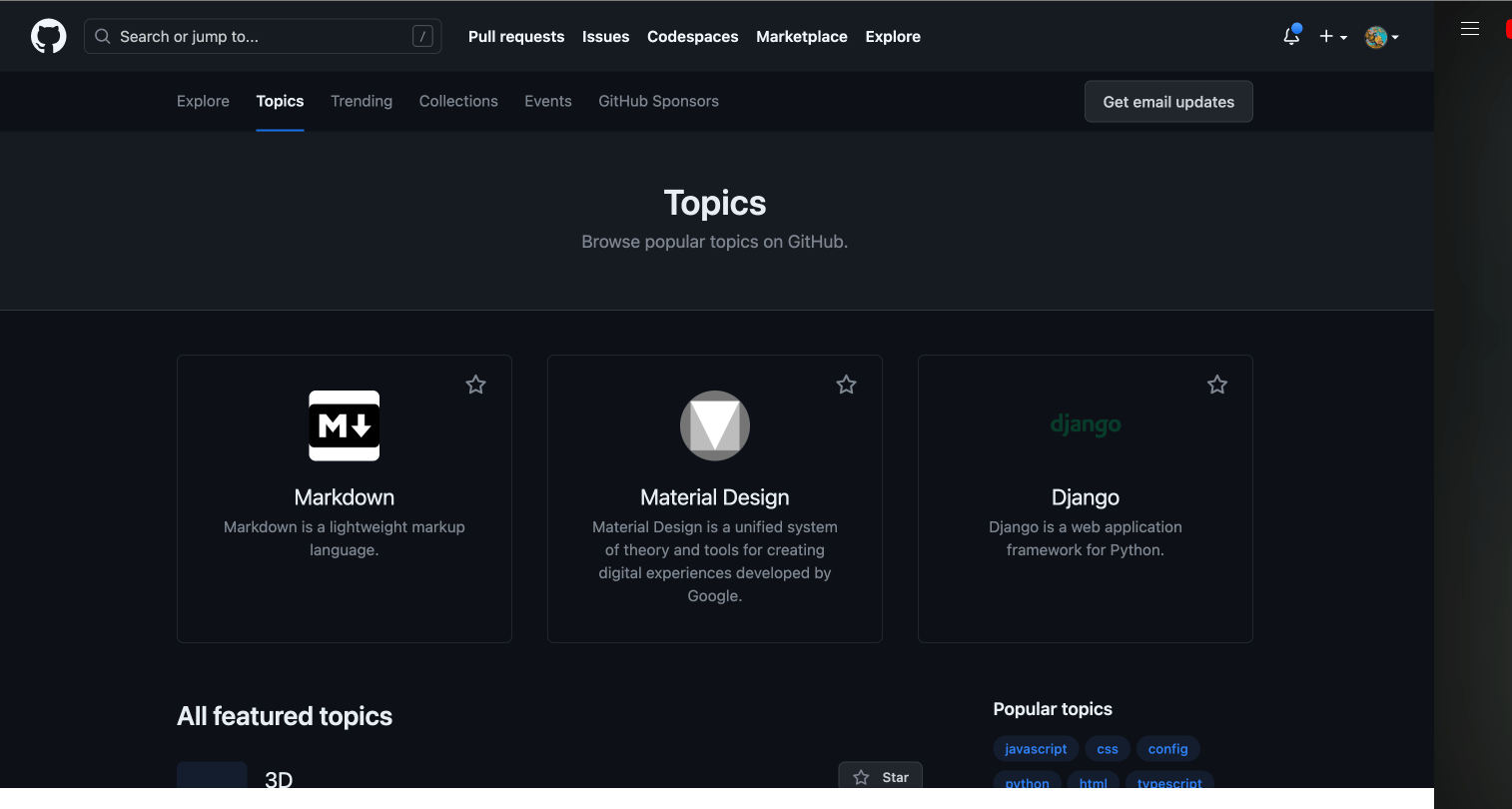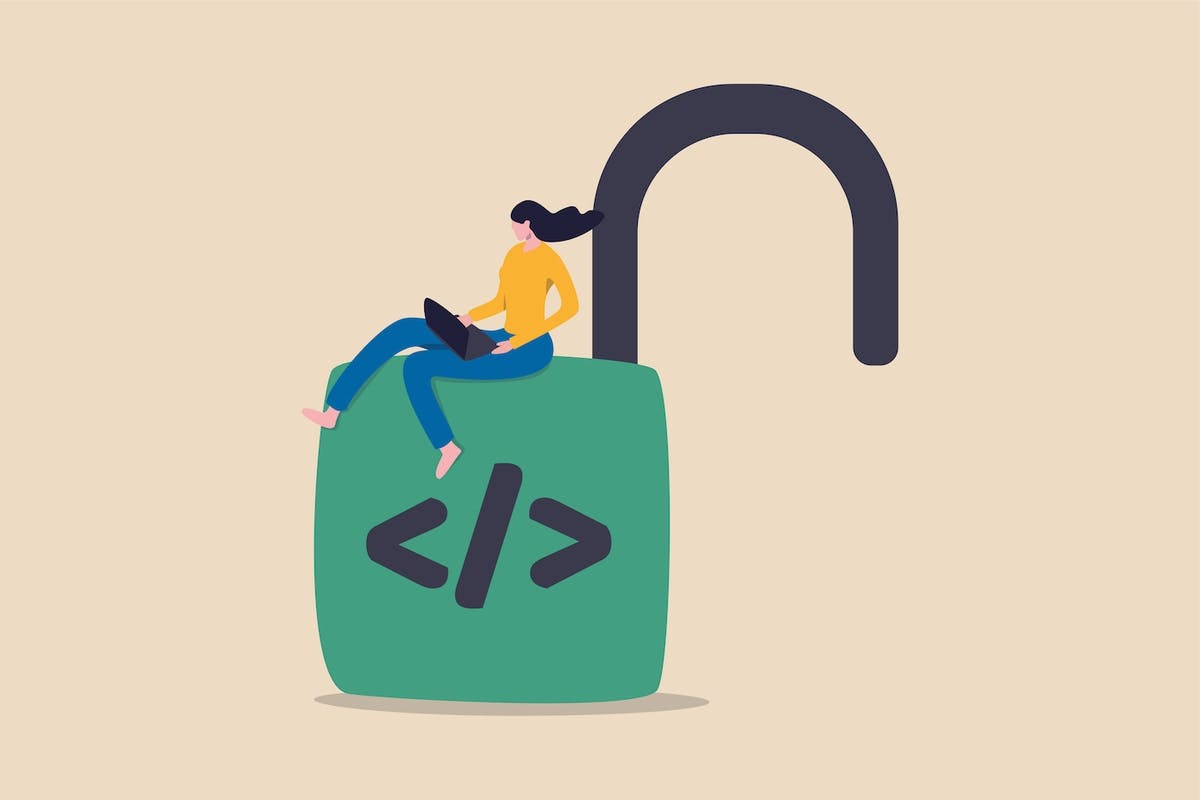Open source projects offer an incredible opportunity for developers to showcase their skills, contribute to meaningful initiatives, and collaborate with a global community of like-minded individuals. But with countless projects out there, it's essential to have a checklist to identify the most promising ones.
Before we jump into the exceptional project platforms for 2023, how to get started, and impact, let's define the criteria for an open-source project.
Open Source Project Checklist:
Before we delve into the projects themselves, let's establish some key criteria for evaluating open-source projects:
Active Community: Look for projects with a vibrant and engaged community of contributors, as this indicates ongoing development and support.
Well-Defined Goals: Projects that have clearly defined goals and a roadmap provide a sense of direction and purpose, ensuring your contributions align with the project's vision.
Documentation and Communication Channels: Comprehensive documentation, well-maintained repositories, and accessible communication channels help facilitate collaboration and make it easier for new contributors to get involved.
Beginner-Friendly Opportunities: Projects that provide entry-level tasks, mentorship programs, and welcoming communities make it easier for newcomers to contribute and learn from experienced contributors.
Now that we have our checklist, let's explore the top platforms that offer open-source projects you can contribute to in 2023:
Where To Get Open-Source Projects
-

CodeTriage is a platform that allows you to subscribe to open-source projects and receive issues in your inbox. This way, you can stay updated on new issues and find projects that align with your interests.
How To Get Started:
Sign up for a CodeTriage account and subscribe to projects of interest.
* Receive issue notifications in your inbox.
* Review the issues and choose one that you would like to work on.
* Fork the repository and clone it to your local machine.
* Make the necessary changes or fixes to the issue.
* Commit your changes and push them to your forked repository.
* Submit a pull request, linking it to the relevant issue.
* Engage in discussions with project members and address feedback during the review process.
-

OpenHatch is a platform designed to help newcomers get involved in open-source projects by providing a listing of projects with beginner-friendly tasks and resources for learning the necessary skills.
How To Get Started:
After navigating to up-for grabs page filter by language tags.
Choose a project that interests you and aligns with your skills.
Follow the project's documentation to set up the development environment.
Select a task labeled as beginner-friendly under issues.
Fork the repository and clone it locally.
Make the necessary changes or additions.
Commit your changes and push them to your forked repository.
Submit a pull request, explaining the purpose of your contribution and the changes made.
Engage with the project's community to seek guidance and address feedback.
-

GitHub is the largest and most well-known platform for hosting open-source projects. You can search for projects based on programming language, topic, or organization. Explore the "Topics" tab or use the search bar with relevant keywords to find projects that match your interests.
How To Get Started:
Explore repositories using the search bar or the "Topics" tab.
Read the project's README file for information on contribution guidelines, coding standards, and setup instructions.
Look for open issues labeled as "good first issue" or "help wanted" to find tasks suitable for newcomers.
Fork the repository and clone it to your local machine.
Make your changes or additions in a new branch.
Commit your changes and push them to your forked repository.
Submit a pull request (PR) to the original repository, explaining the changes you made.
Engage in discussions with the project maintainers and address feedback to refine your contribution.
Collaborate with the community and work on subsequent iterations of your contribution.
-

The GSoC program provides valuable real-world experience, fosters open-source contributions, and builds strong connections within the open-source community. It usually runs for a specific period each year, so make sure to check the GSoC website for the current year's timeline and important dates.
How To Get Started:
Navigate to the projects list and you can narrow it down based on participating organization
Browse through the project ideas proposed by the organizations and select one that interests you.
Familiarize yourself with the organization's project details, including goals, requirements, and technologies involved.
Review the organization's contribution guidelines and instructions on how to apply for GSoC.
Prepare your application, including a project proposal that outlines your understanding of the project, your plan to accomplish the tasks, and any relevant experience or skills.
Submit your application through the GSoC website during the application period.
If selected, you will be assigned mentors from the organization who will guide you throughout the program.
Collaborate with your mentors and the organization's community to discuss and refine your project plan.
Work on your project, following the agreed-upon timeline and milestones.
Regularly communicate with your mentors, provide updates on your progress, and seek feedback.
Engage with the organization's community channels, such as mailing lists or chat rooms, to ask questions and participate in discussions.
Submit your final project work for evaluation at the end of the program.
If your work meets the requirements and passes the evaluation, you will receive a stipend and a certificate for successfully completing GSoC.
-

GitLab is another popular platform for hosting open-source projects. You can contribute to Gitlab's own open-source project as well.
How To Get Started:
Create a free GitLab account to engage with repositories, contribute code, and collaborate with project members.
Read the project's documentation or README file to understand contribution guidelines and project structure.
Look for open merge requests (MRs) that require review or work.
Fork the repository and clone it locally.
Create a new branch for your changes.
Make the necessary modifications and commit them.
Push your changes to your forked repository.
Create a merge request, explaining the purpose of your contribution and the changes made.
Engage in discussions with project members and address feedback during the review process.
Iterate on your contribution as needed until it is ready to be merged.
Open Source Foundations

There are also various open-source foundations, such as Apache Software Foundation and Mozilla Foundation among others that you can contribute to.
Key Things You Need:
Foundation Websites: Explore the websites of open-source foundations to find projects they host or support.
Project Listings: Foundations often maintain project listings with details about each project's goals, technology stack, and contribution guidelines.
Community Engagement: Participate in the foundation's mailing lists, forums, or chat channels to connect with the community, ask questions, and seek guidance.
Contribution Opportunities: Foundations may have dedicated programs or initiatives for contribution. Look out for such opportunities and explore projects associated with the foundation.
Conclusion
Open source projects provide an exciting avenue for developers to contribute their skills, collaborate with others, and make a tangible impact. By following the checklist and exploring these top sites, you'll discover opportunities to grow as a developer while making meaningful contributions to the open-source community.
So, pick a project that resonates with you, dive into the repositories, and embark on a journey of collaboration and personal growth. Together, let's embrace the power of open source and shape a brighter future for technology!
Find a list of biginner frendly projects by language to begin with here: https://github.com/MunGell/awesome-for-beginners